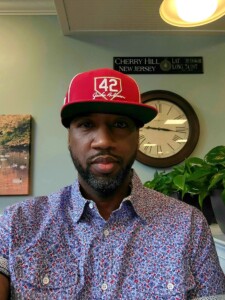
Prominent Christian Rapper Renounces Faith: ‘I Lost Faith in the Bible at Bible College’
Prominent Christian rap artist Phanatik has renounced his faith in a video published to Facebook, announcing that “ I sent a letter to my church withdrawing my membership and saying that I am denouncing the Christian faith that I have believed, professed, proclaimed, and defended for the last 30 years


